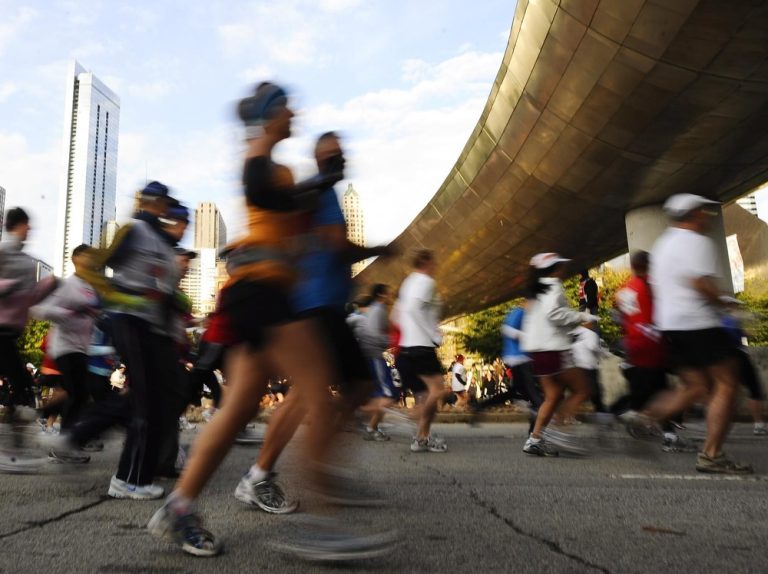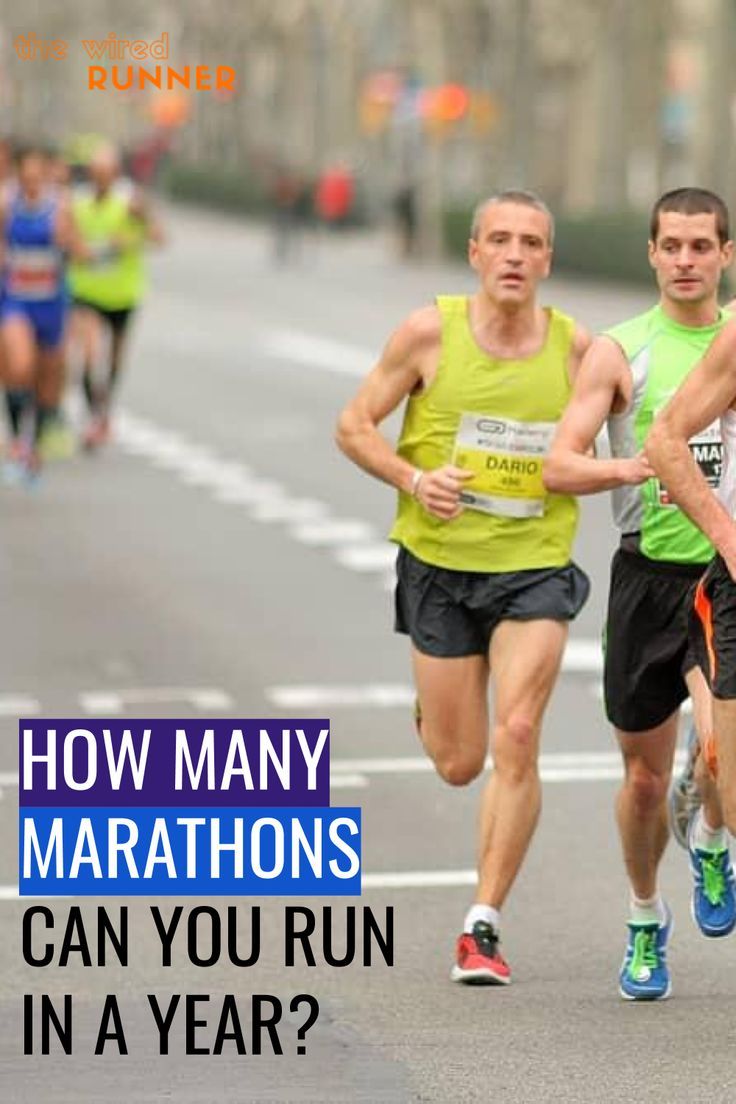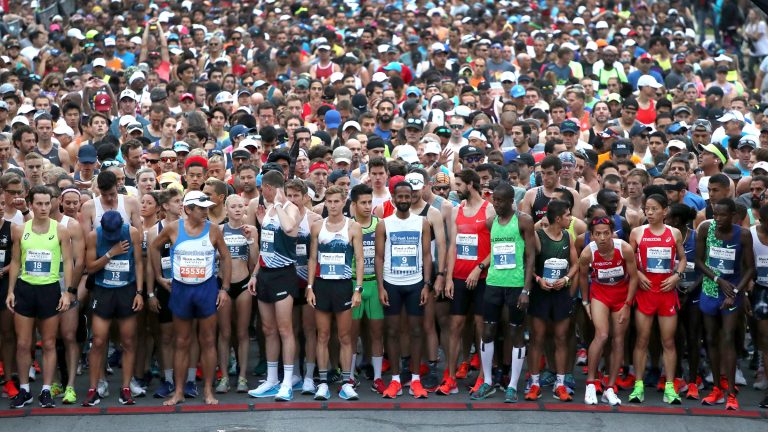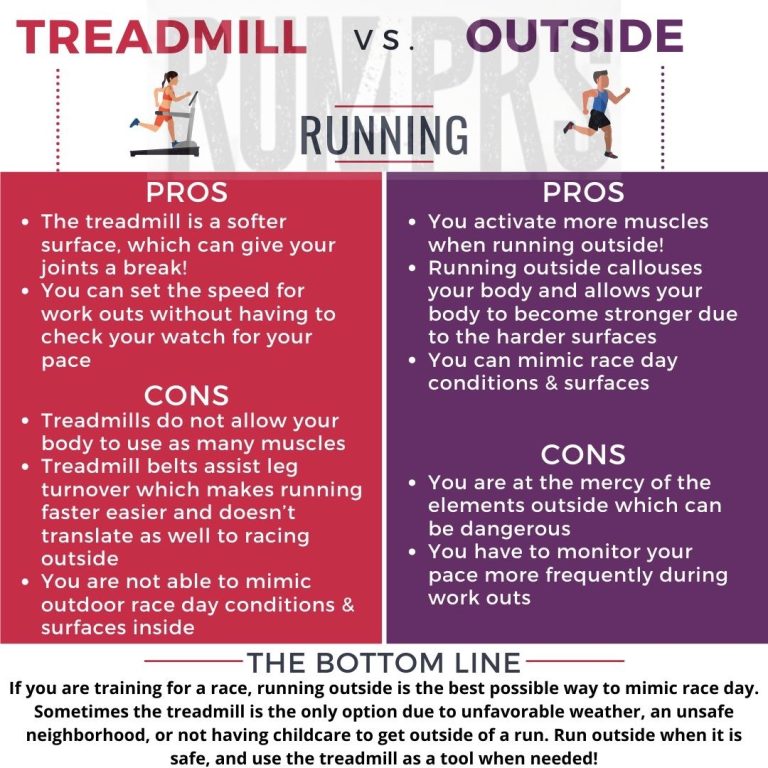Can You Run Marathon on Keto
Yes, you can run a marathon on a ketogenic diet. A ketogenic diet focuses on high-fat, low-carb intake, which can help improve endurance and fat burning during long-distance running.
However, it’s important to transition properly into ketosis and fuel your body with adequate nutrients to support marathon training and prevent nutrient deficiencies. By following a well-planned ketogenic diet and ensuring proper hydration and supplementation, you can successfully complete a marathon while on keto.
Benefits Of Running On A Keto Diet
There are numerous benefits to running on a keto diet, including increased fat adaptation and steady energy levels. Let’s delve deeper into the advantages of incorporating a keto diet into your running regimen.
Increased Fat Adaptation
Running on a keto diet can lead to increased fat adaptation, as your body becomes more efficient at using fat as a fuel source. When following a keto diet, the body shifts from primarily using carbohydrates for energy to utilizing fat stores. This can be particularly beneficial for long-distance running, as it allows the body to rely on a steady supply of fat for fuel, potentially leading to improved endurance.
Steady Energy Levels
One of the key advantages of running on a keto diet is the maintenance of steady energy levels. By relying on fat for fuel, runners on a keto diet can experience more stable blood sugar levels, reducing the likelihood of energy crashes. This can lead to sustained endurance and improved performance during long-distance running events.

Credit: www.top10.com
Challenges Of Running A Marathon On Keto
Running a marathon on a ketogenic diet can present its own set of challenges. While the ketogenic diet has been popular among many athletes for its potential to enhance fat burning and improve endurance, it may take some time for the body to adjust to running a marathon while in a state of ketosis. This article will discuss two main challenges that individuals may face when running a marathon on a keto diet: the initial adaptation period and electrolyte imbalance.
Initial Adaptation Period
Embarking on a ketogenic diet requires the body to shift from using carbohydrates as its primary fuel source to relying on ketones produced from dietary fat. This transition can take time and may cause some initial performance setbacks for marathon runners. During the adaptation period, athletes might experience a lack of energy, decreased endurance, and slower race times.
It’s important to note that these initial challenges are temporary and should improve as the body becomes more efficient at utilizing ketones for energy. Providing the body with sufficient time to adapt is key, as rushing the process may hinder performance and discourage individuals from continuing with the diet.
Electrolyte Imbalance
Another challenge that marathon runners may encounter when following a keto diet is maintaining proper electrolyte balance. The ketogenic diet often leads to increased urine production, which can result in the loss of essential minerals and electrolytes such as sodium, potassium, and magnesium.
This electrolyte imbalance can lead to symptoms such as muscle cramps, fatigue, and impaired performance. To combat this issue, individuals should focus on consuming foods rich in electrolytes or consider adding supplements to their diet. Additionally, staying properly hydrated throughout the race and replenishing electrolytes during and after can help minimize the risk of imbalance and its associated symptoms.
In conclusion, while running a marathon on a ketogenic diet may present some obstacles, with proper planning and attention to nutrition, it is possible to succeed. Understanding and addressing the challenges of the initial adaptation period and electrolyte imbalance can go a long way in optimizing performance and achieving your marathon goals.
Optimizing Your Marathon Training On Keto
Are you considering running a marathon while following a keto diet? As a low-carb, high-fat eating plan, keto can provide several benefits for endurance athletes, including increased fat burning and improved energy levels. However, it’s essential to optimize your marathon training while following this diet to ensure you have enough fuel for long-distance running. In this blog post, we will explore two key areas for optimizing your marathon training on keto: balancing macronutrients and supplementing wisely.
Balancing Macronutrients
To optimize your marathon training on keto, it’s crucial to find the right balance of macronutrients. While carbohydrates are typically the primary fuel source for endurance athletes, on a keto diet, the focus is on consuming high amounts of healthy fats, moderate amounts of protein, and very low levels of carbohydrates. This approach encourages your body to shift from using carbohydrates as fuel to using fat as fuel, allowing you to tap into your body’s stored fat for energy during long-distance running.
When following a keto diet for marathon training, it’s recommended to consume approximately 70-75% of your daily calories from fat, 20-25% from protein, and only 5-10% from carbohydrates. This macronutrient ratio helps to maintain ketosis, a metabolic state where your body is predominantly burning fat for fuel. By sticking to this balance, you can enhance your endurance and stamina while running long distances.
Supplementing Wisely
In addition to balancing macronutrients, supplementing wisely is crucial for optimizing your marathon training on keto. While a well-formulated keto diet can provide most of the necessary nutrients, there are a few key supplements that can support your performance and recovery:
- Electrolytes: On a keto diet, your body excretes more water and electrolytes, which can lead to imbalances. To prevent dehydration and maintain proper electrolyte levels, consider supplementing with sodium, potassium, magnesium, and calcium.
- MCT Oil: Medium-chain triglyceride (MCT) oil is a concentrated source of healthy fats that can provide quick and easily digestible energy. Adding MCT oil to your pre-run or post-run meals can help fuel your body and aid in recovery.
- Adaptogens: Adaptogens are herbs or substances that assist your body in adapting to stress. While not keto-specific, adaptogens like ashwagandha and rhodiola can support overall energy, resilience, and recovery during intense marathon training.
In addition to these specific supplements, it’s important to ensure you’re meeting all of your nutritional needs while following a keto diet. Consider consulting with a registered dietitian or sports nutritionist to assess any potential nutrient gaps and tailor your supplement intake accordingly.
Optimizing your marathon training on keto requires careful attention to balancing macronutrients and supplementing wisely. By finding the right balance of fats, proteins, and carbohydrates, and by incorporating key supplements into your routine, you can fuel your body effectively for long-distance running while following a keto diet.
Success Stories: Marathon Runners On Keto
Discover inspiring success stories of marathon runners thriving on the keto diet, proving that achieving peak performance while fueling with low-carb nutrition is indeed possible. Dive into their journeys and learn how they conquer marathons with the power of ketosis.
Success Stories: Marathon Runners on Keto Personal Experiences When it comes to running a marathon on a keto diet, the success stories of individuals who have achieved this feat are a testament to the power of low-carb, high-fat nutrition. Many marathon runners have shared their personal experiences of successfully completing races while following a ketogenic diet. One inspiring story is that of Sarah, who discovered the benefits of keto while training for her first marathon. By incorporating the ketogenic principles into her routine, she experienced an increase in endurance, improved recovery, and a steady supply of energy without the need for frequent refueling. Performance Enhancements Furthermore, Sarah noted that her mental clarity and focus were enhanced during her training runs, which ultimately translated into improved race performance. Similarly, John, another marathon runner, emphasized how the ketogenic diet helped him achieve a more consistent energy level throughout the entire race, leading to a personal best time. The success stories of these marathon runners on keto serve as compelling evidence that following a low-carb, high-fat approach can indeed support endurance athletes in their quest to achieve their running goals.Expert Insights And Recommendations
Advice From Nutritionists
Eating well-balanced Keto meals is crucial for marathon runners.
Training Tips
Strategic training practices can optimize performance on Keto.

Credit: drinkkenetik.com
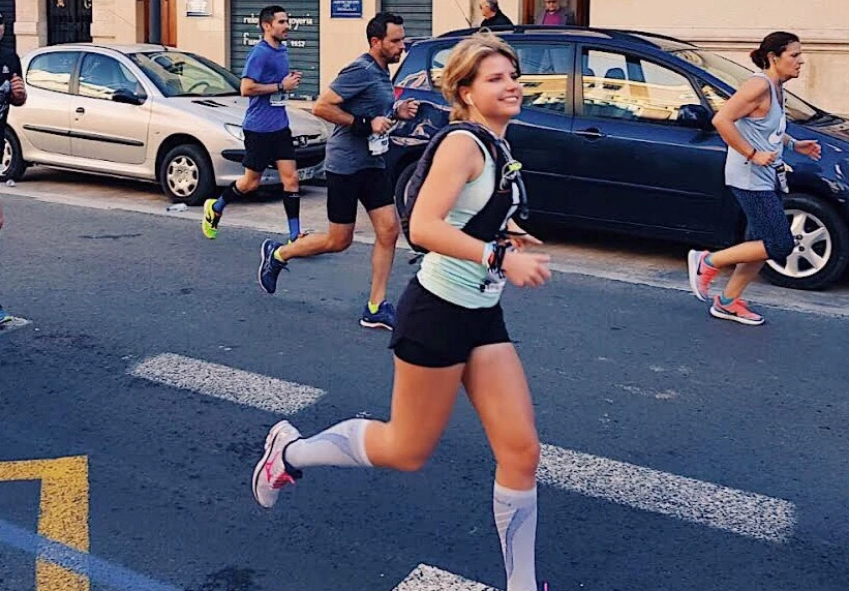
Credit: medium.com
Frequently Asked Questions For Can You Run Marathon On Keto
Is Keto Good For Marathon Runners?
Keto can be beneficial for marathon runners as it helps to improve endurance and performance. It shifts the body’s energy source to fat, aiding in longer-lasting energy levels. However, individual response may vary, so consulting with a healthcare professional is recommended before making significant dietary changes.
How Do You Fuel A Marathon On Keto?
To fuel a marathon on keto, follow these 5 guidelines: 1) Consume adequate fats and protein for sustained energy. 2) Stay hydrated and replenish electrolytes. 3) Prioritize nutrient-dense foods like vegetables, nuts, and seeds. 4) Consider targeted keto supplements for extra performance.
5) Experiment with pre-workout or intra-workout carb alternatives.
Can You Run A Marathon Without Eating Carbs?
Yes, it is possible to run a marathon without eating carbs. However, it may not be the most efficient or optimal strategy. Carbohydrates provide the necessary fuel for endurance activities like running. It is advisable to consume a balanced diet that includes carbs to sustain energy levels during a marathon.
Conclusion
Running a marathon on a keto diet is possible with proper planning and preparation. While there may be initial challenges, many athletes have successfully completed marathons while following a ketogenic eating plan. It’s important to listen to your body, fuel properly, and stay hydrated to optimize performance.
With the right approach, combining keto and marathon running can be a viable option for endurance athletes.


